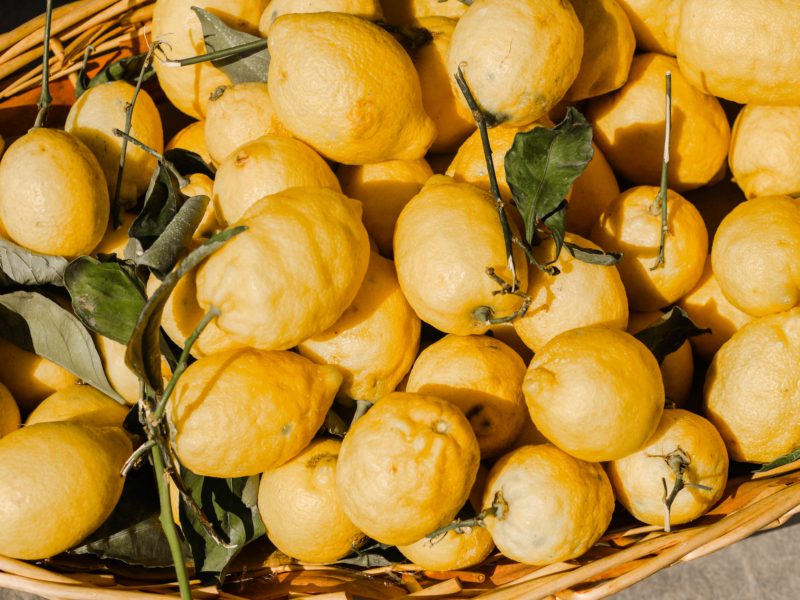Can You Say Capitalism?
by Jessica Noyes McEntee
Contributing Writer
Papa always said, “Princesses have princes to come to their rescue, but you have me. And Donovan, in a pinch—he’s on the payroll for that.” An unsentimental sort, he never followed up with a finger-tap upon my nose or a hair ruffle like you’d see a movie father execute.
He told me such things on weekends after Donovan had squired me from the city to our Greenwich house. I remember one of those days; a bitter winter chomped its jaws outside. I’d been invited into the golden sanctum of his private suite, and I sat on his bed. Papa wore a white bathrobe with an elaborate crest. He liked to languish thus attired, scanning multiple televisions over the top of my head, but he didn’t need to watch anything too closely. Same with reading. He had special powers of osmosis. Information came to him—or he defined it anew.
“It’s us against everyone,” he was saying. “It’s better for you to acclimate yourself to reality young.” By us, he meant him and me—not even Mama or my brothers included. Us. Two. Never more so than now, since the family arrangement was being restructured.
Rising, he paced about the room. I couldn’t let my chin wobble when he started in like this. I pretended that I was not only a princess but a warrior, as Donovan had suggested once when we were stuck in traffic.
“No matter what, you can never forget who we are and what we stand for,” Papa added. “We’re a special breed, above all others. Selected. It’s in our DNA.” He’d been staring at two portraits of himself on the wall as he spoke, but he swiveled his eyes to emphasize this last point, fixing their blueness on me.
“Look at the losers who despise me,” he said, waving a hand over newspapers that lay scattered about the antique Aubusson rug like felled gamebirds. “They don’t know me like you do. How smart I am, the smartest. What I’m capable of conquering.”
He crossed to me and grabbed me by the wrists. “You must always believe in me.”
—
Donovan delivered me to Chatham School the next Monday. We saw the pack from afar as we approached the carved oak entrance, but we didn’t realize why they were there in time. They had the same vulture’s look about them that I’d come to know—and I, apparently, was dead meat.
They swarmed, surrounding us with a ravenous energy. Elbows and tits and tufts of breath spoiled with coffee and tobacco, all clawed at the air for us, but Donovan pushed me forward by my shoulder blades.
“Is it true that your father’s good in bed?” a redheaded reporter demanded of me, shoving a microphone near my mouth and knocking my chin. Donovan pushed her back, but she recovered, stalking us all the way up to that life-saving doorway. I shook for hours afterwards, but only inside.
—
Papa didn’t mean for me to get involved, he screamed over the phone.
“You’re nine!”
When he recovered, he vowed, “Just wait. We hit back.”
—
Donovan took a wrong turn on our way to Greenwich several Fridays later, winding us down a street with little houses crammed side by side as close as piano keys. “You’ll like this area. It’s where your Papa’s from. Aw, man. Don’t mention I said that, to him,” he mumbled, “It’s called ‘Queens.’”
I saw three girls about my age, assembled at the foot of a driveway. Their bodies flanked a card table, upon which they’d attached a cardboard sign that gurgled in the early-spring breeze.
—
Upon our arrival at the house, I streaked up to my room. When I was summoned for supper, I stationed myself before Papa. I hadn’t changed from my plaid school kilt and knee socks, and this caught his attention, it appeared. The mahogany dining room table gleamed, reflecting the star-white underside of his chin, which was turned in my direction.
I wanted a lemonade stand.
Please.
I desired that stand with a ferocity that sent electric transmissions throughout my body. I had to slow myself down as I elaborated on the idea, to make sure the syllables didn’t run ahead of the thoughts. It’s essential to emphasize presentation; not everyone knows this or can do it right. Style over substance, that’s always the way.
I’d mocked up a logo featuring our name, a list of ingredients, and a map that showed how I’d situate my business at the entrance gate. This represented a proven strategy, for the girls’ serving vessel was almost empty when we’d passed.
Papa had primed me for all of this, I realized as I concluded my pitch.
He cleared his throat. “Princess… How can I resist you? But… you can’t set it up on the driveway.”
I started to protest, but he explained, “You’re too special. People out there might want to steal you for themselves.”
“People can’t be stolen, Papa. They’re not things.”
But he ignored me as he made other suggestions. I could have a lemonade party and invite girls out from Chatham. We could take the biggest limo.
“No.” My chest heaved. I wanted to wail, like other children I’d seen, but I didn’t, I couldn’t.
“Sell your wares among the staff,” he suggested. “They all like lemonade. Especially Donovan; he told me that himself.” Papa’s face looked brighter than before.
“But I can’t make money that way. I can’t ask Donovan to pay,” I whispered. My reserve of stoicism was spent. I was a crushed dandelion.
Papa grasped me close to his chest. His breath touched my neck. “I have a secret to share with you,” he said.
“Some things in life trump even the strongest emotional bond. You see, there’s this economic system, the best, most beautiful, economic system ever invented, and it doesn’t give a damn for caring….”
—
The help loved my lemonade. They even bought seconds.
About the author:
Jessica Noyes McEntee is a fiction instructor at the Westport Writers’ Workshop in Connecticut. She was a book editor at Wiley, and she’s served as a fiction reader for The Common, a magazine based out of her alma mater, Amherst College.


Recent Comments